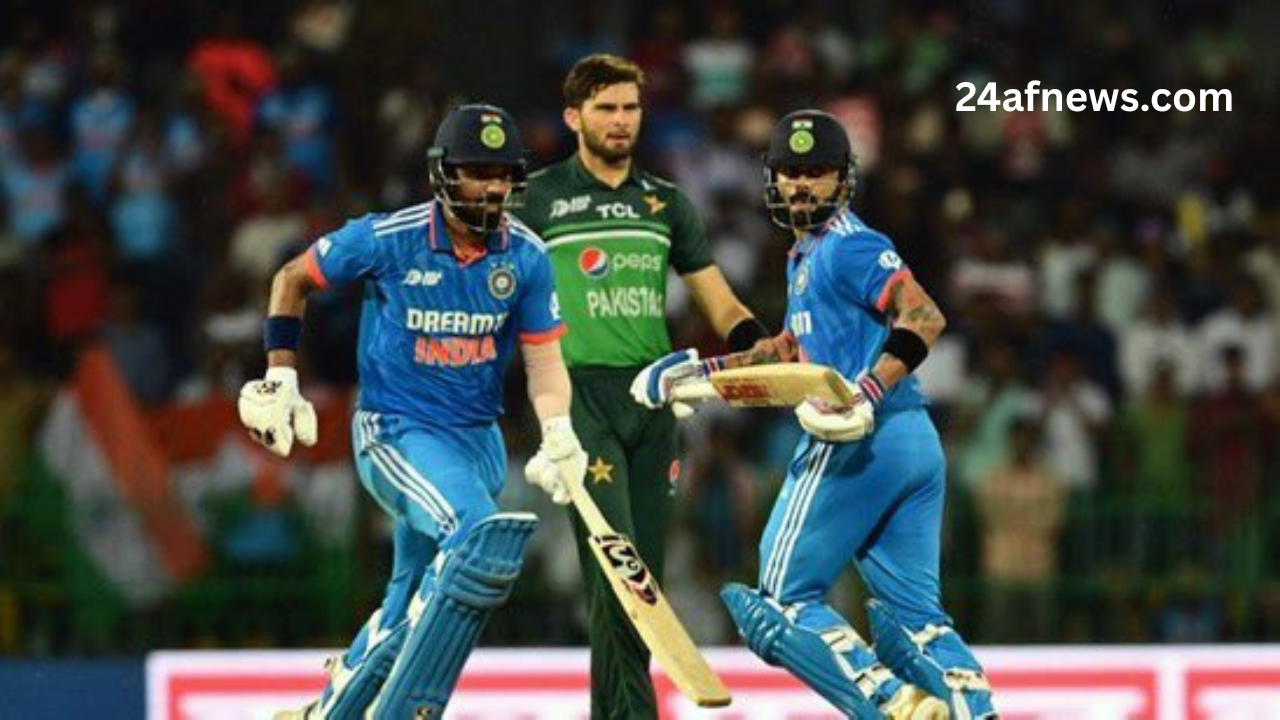
The BCCI Has Reportedly Taken a Tough Stance in a Bid to Isolate Pakistan Amid Border Hostilities
The Board of Control for Cricket in India (BCCI) has reportedly taken a firm stand following the escalating tensions between India and Pakistan, particularly after the recent hostilities at the border. This bold move could significantly impact cricketing ties in the region, particularly through the BCCI’s latest stance on the Asia Cup 2025.
As things stand, cricket matches between India and Pakistan have long been a rarity due to strained political relations. Bilateral series are already off the table, and now even multi-nation tournaments involving both teams appear to be at risk. The latest development? The BCCI is planning to pull out of the upcoming Asia Cup—marking a strategic attempt to further isolate Pakistan on the cricketing stage.
What’s Fueling the BCCI’s Decision?
With Pakistan’s Mohsin Naqvi at the helm of the Asian Cricket Council (ACC)—and also the current chairman of the Pakistan Cricket Board—the BCCI’s reluctance to engage in ACC-hosted tournaments is understandable from a geopolitical perspective. The Indian board has reportedly informed the ACC of its intention to withdraw from the upcoming Women’s Emerging Teams Asia Cup and has also placed future participation under review.
A BCCI insider, quoted by the Indian Express, stated:
“The Indian team can’t play in a tournament that is organised by the ACC, whose chief is a Pakistani minister. That’s the sentiment of the nation. We have verbally communicated to the ACC about our withdrawal… and our future participation is on hold. We are in constant touch with the Indian government.”
The BCCI’s decision seems to reflect the prevailing national sentiment and echoes the government’s firm stance on maintaining distance from Pakistan amid rising tensions.
Financial Ramifications Loom for the ACC
Pulling out of the Asia Cup isn’t just a political statement—it could also have serious financial consequences for the Asian Cricket Council. Matches between India and Pakistan are the biggest draw for sponsors and broadcasters. With India absent, the tournament’s appeal, and consequently its commercial value, would take a major hit.
This becomes even more crucial when considering that Sony Pictures Networks India (SPNI) had shelled out a massive $170 million for Asia Cup media rights in 2024. Should the Asia Cup not go ahead, or proceed without India’s participation, that deal might need to be renegotiated—causing significant losses for all involved.
Why the Asia Cup Without India Isn’t the Same
Let’s be honest: an Asia Cup without an India vs Pakistan clash just doesn’t pack the same punch. While countries like Sri Lanka, Bangladesh, and Afghanistan contribute to the tournament’s excitement and revenue, the blockbuster appeal lies in the India-Pakistan rivalry. Without it, fan engagement, TV viewership, and sponsorship interest would likely nosedive.
The 2023 edition of the Asia Cup followed a hybrid model—hosted partially in Sri Lanka due to similar tensions. India eventually clinched the title in Colombo, while Pakistan failed to qualify for the finals. Even then, logistical complications and political sensitivities were constant hurdles. The BCCI doesn’t appear keen on repeating such challenges.
Political Climate Overrides Cricketing Spirit
While cricket is often seen as a bridge between hostile nations, current realities make such a bridge difficult to maintain. With the BCCI receiving backing from the Indian government and public sentiment largely in favor of a tough stance against Pakistan, continuing participation in ACC tournaments led by a Pakistani official seems highly unlikely in the near future.
Naqvi’s leadership of the ACC following Jay Shah’s exit (after Shah took on the role of ICC Chairman) complicates matters further. What was once a platform for regional cricket development has now become entangled in political rivalries.
Looking Ahead: Asia Cup 2025 and Beyond
The Asia Cup 2025 is scheduled to be hosted in India. But with an India vs Pakistan fixture seemingly off the table, the tournament’s overall appeal and purpose are in question. Without the marquee match-up, the BCCI may not find it viable—either financially or politically—to proceed with the current format.
The cricketing world is now watching closely to see how the ACC responds. Will they modify the tournament structure? Can they mediate to keep all member nations onboard? Or is a larger rift in Asian cricket imminent?
What This Means for Fans and the Future
For millions of cricket fans across Asia and around the world, the India-Pakistan rivalry is not just a game—it’s an emotion. But as political realities harden, fans may have to come to terms with fewer high-voltage clashes in the near future.
From a broader perspective, the BCCI’s move could also influence how other cricket boards approach geopolitical tensions. The interplay of politics and sports is more evident than ever, and this Asia Cup standoff could set a precedent for how future international tournaments are governed.
Aamir Ahmad Fateh is a seasoned digital marketer and experienced news writer with over 7 years of expertise in covering political affairs, social issues, technology, sports, and Bollywood. He is the founder and chief editor of 24fnews.com, where he is dedicated to delivering accurate, unbiased, and timely news to a wide audience every day. His sharp insights and journalistic integrity make him a trusted voice in the digital news space.



